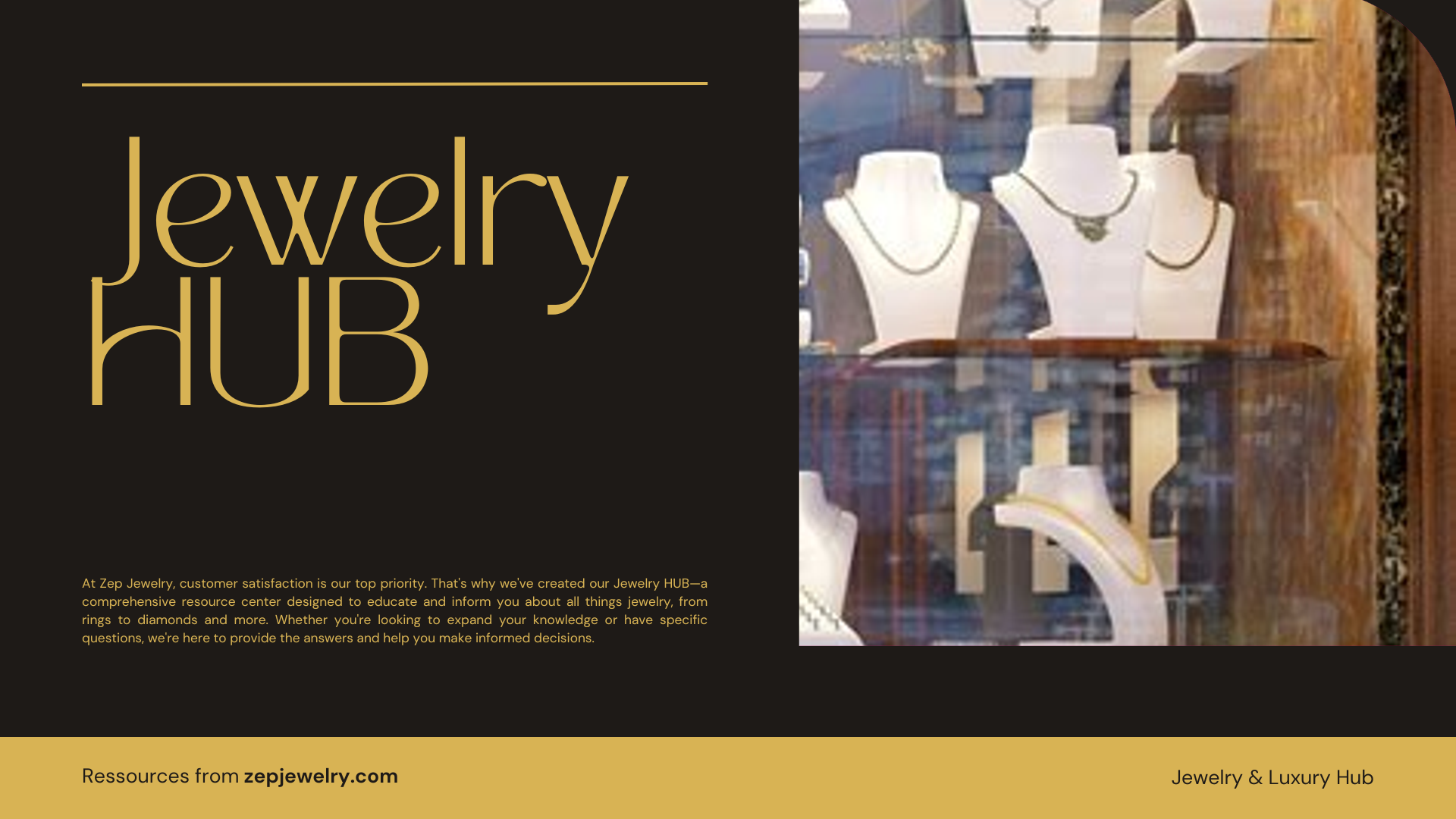What would you do if a dazzling gemstone was just a little too dazzling for its own good? As charming as jewelry stores may appear, they are often fraught with risks that glimmer just beneath the surface. While the law may not require jewelry stores to carry insurance, the benefits of having it can be as clear as a flawless diamond. Insurance serves as a vital safety net for these businesses, protecting them from potential calamities such as theft or accidents. With valuable merchandise at stake, the question of insurance becomes not just advisable, but essential for safeguarding a sparkling enterprise.
Are jewelry stores required to have insurance?
Are jewelry stores required to have insurance?
While jewelry stores are not legally mandated to carry insurance, obtaining coverage is strongly advisable for several reasons. Insurance functions as a safety net, shielding business owners from a multitude of risks, including theft, property damage, and liabilities stemming from injuries or accidents that could occur on-site. For instance, if a customer slips and falls in the store, general liability insurance could cover medical expenses and legal fees, preventing a significant financial burden on the business owner.
Moreover, securing a robust insurance policy not only safeguards the store’s physical and financial assets but also fosters customer trust. When clients see that a jewelry store is properly insured, it signals that the business takes its responsibilities seriously and prioritizes both its assets and clientele’s safety. This level of diligence can be a key differentiator in a competitive market. With consumers increasingly seeking peace of mind when making significant purchases, showing that your jewelry store is well-protected can enhance customer confidence, potentially leading to higher sales and loyalty.
Additionally, it’s crucial to note that the nature of jewelry—often valuable and sometimes irreplaceable—makes appropriate insurance essential. Jewelry stores are particularly vulnerable to theft and damages, meaning comprehensive coverage can serve as a vital lifeline in the event of a loss, helping to recover from unfortunate incidents more swiftly and completely. So, while insurance may not be a legal requirement, it is, without a doubt, a smart business strategy for jewelry store owners.
What types of insurance should a jewelry store have?
A jewelry store should consider several types of insurance to ensure comprehensive coverage. Key policies include general liability insurance to cover injuries and property damage, commercial property insurance for building and inventory protection, and workers’ compensation insurance to safeguard employees injured at work. Additionally, jewelers may benefit from specialized insurance like jewelers block insurance, which covers unique risks specific to jewelry, including theft during transit and while on display.
How does jewelers block insurance differ from general business insurance?
Jewelers block insurance is a specialized form of coverage tailored specifically for jewelry retailers, providing protections that standard commercial policies may not cover. This includes insurance for jewelry stored in safes, while in transit, or on display, as well as cash in transit and coverage at trade shows. General business insurance, on the other hand, typically covers broader business liabilities, property, and general risks but may lack the specific protections needed for jewelry-related incidents.
Does jewelry insurance cover loss or theft of personal jewelry?
Yes, jewelry insurance can be tailored to cover personal jewelry against loss, theft, damage, or mysterious disappearance. This insurance can often be secured through specialized insurers or as an endorsement on homeowners or renters insurance policies. Consumers must provide detailed descriptions of each piece to ensure adequate coverage, highlighting the importance of appraisals and documentation.
How can a jewelry store mitigate risks associated with employee dishonesty?
To safeguard against employee-related theft and dishonesty, jewelry stores should consider employee dishonesty insurance, also known as crime coverage. This type of insurance reimburses the business for losses due to theft committed by employees. Additionally, implementing strong internal controls, conducting background checks, and fostering a culture of honesty in the workplace can further mitigate risks associated with employee dishonesty.
What factors influence the cost of jewelry business insurance?
The cost of jewelry business insurance is influenced by various factors, including the size of the business, the value of inventory, the location of the store, and the specific types of coverage selected. Additional elements like the store’s security measures, claims history, and industry type can also impact premiums. Jewelry stores dealing with higher-value items may incur higher costs due to the increased risk associated with such inventory.
